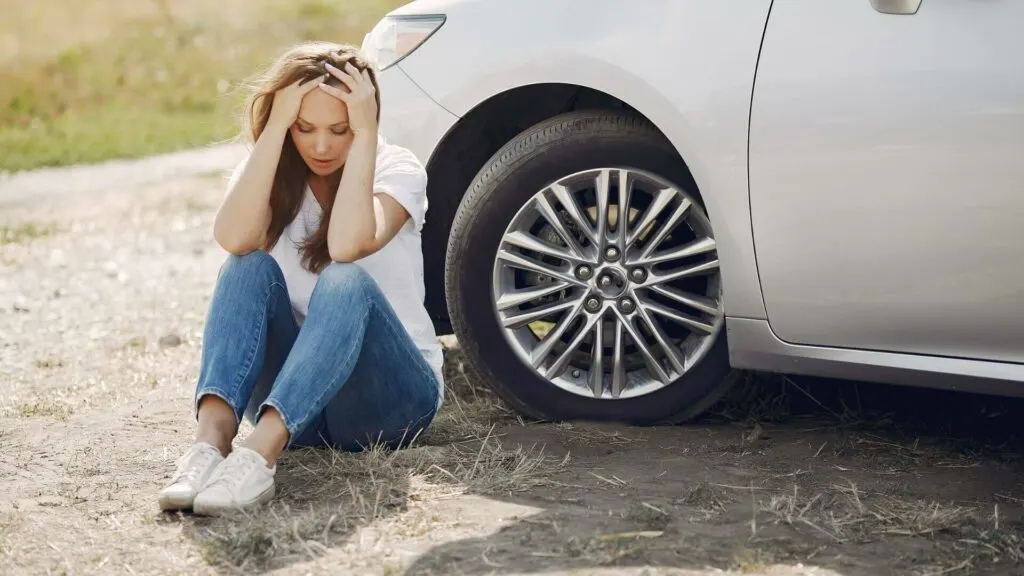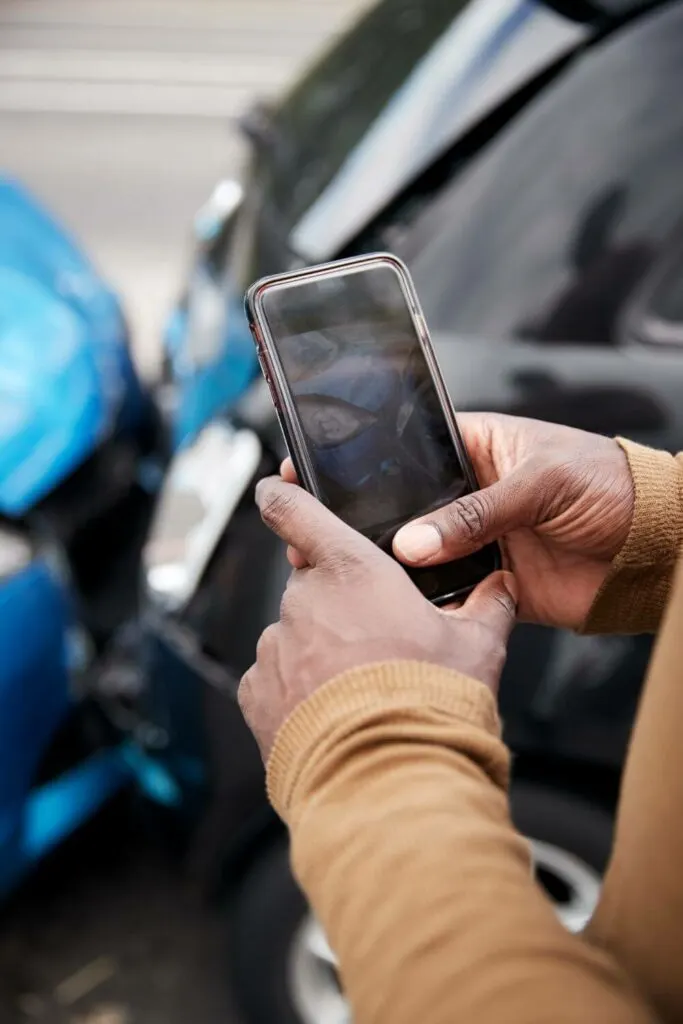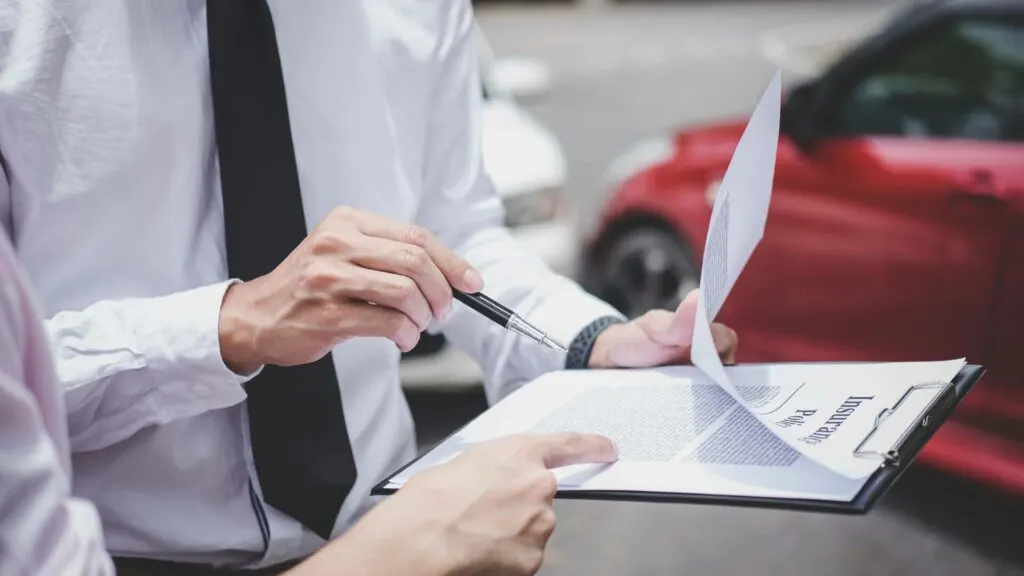Car accidents can be very traumatic experiences that leave lasting effects on victims. From small incidents to life-threatening crashes, all types can leave car accident victims with post-traumatic stress disorder (PTSD). Dealing with PTSD can be difficult because ordinary, everyday tasks or activities can trigger symptoms. In this article, we will discuss the signs, symptoms, ways to cope, and treatments for PTSD to help you overcome the trauma of a car accident.

Signs and Symptoms of PTSD
PTSD is a disorder that develops after witnessing or being in a traumatic event. Symptoms may begin to show days, weeks, or months after the traumatic event. PTSD from a car accident can show itself in ways like intrusive thoughts, nightmares, flashbacks, avoiding driving, or panic attacks. These symptoms vary from person to person and depend on the severity of the accident, the person’s history of trauma, and their ability to cope.
Common Car Accident PTSD Triggers
There are many things that can trigger PTSD after an accident. Anything that could remind a person of the traumatic event can bring their body back into that state of shock or panic. Typically, driving-related activities are triggers, such as:

- Picking up keys
- Seeing an EMT or Ambulance
- Smelling fire, burning, or smoke
- Witnessing another accident
- Being in traffic
- Driving on the same road or near the scene of the accident
- Being a driver or passenger of a car
- Hearing sirens such as firetrucks
Ways To Cope With PTSD
Having PTSD after an accident may be out of your control, but finding ways to cope can help you with your day-to-day life after an accident. Below are some helpful techniques for managing PTSD:
Give Yourself Time
Don’t get mad at yourself if you are feeling grief, anger, sadness, or other emotions. It is natural and healthy to go through these emotions after a traumatic event and we often need to experience these emotions in order to heal.
Meditate
Meditation has been known to help car accident victims who suffer from PTSD. Meditation is the process of training your mind to focus and redirect your thoughts. This can help manage PTSD because it increases the victim’s ability to manage flashbacks and stay in the present moment.
Practice Post-Traumatic Growth
Post-traumatic growth is a term meaning people with PTSD can reframe the way they think and find meaning and resiliency in life after the traumatic event. This method doesn’t work for everyone or erase the pain of the accident, but it can be a healthy way of coping for some.
Take Driving Classes
Taking a driving class could be beneficial by exposing you to triggers in a safe environment. It can also provide some reassurance by learning safe driving practices and defensive driving techniques.
Talk to a Doctor
If you suffered physical injuries as a result of the accident, it is important to have them checked and monitored by a doctor. This can also ease the mind and allow you to deal with emotional traumas, knowing that physical injuries are managed properly.
Be With Loved Ones
Being with family and friends after an accident is crucial for dealing with PTSD. Having people who care about you to talk to, offer emotional support, and validate your feelings is helpful for the recovery process.

Keep Busy
Staying active and busy with hobbies you like to do is a helpful way to give you purpose and cope in a healthy way. Emotional distress can sometimes lead people to unhealthy habits, so staying active, doing enjoyable activities, and eating healthy can combat this.
Prioritize Self Care
Prioritizing self care means taking care of your mental, physical, and spiritual health. Take time for yourself by doing things that rejuvinate and make you feel your best.
Use Other Methods of Transportation
While dealing with PTSD, you may want to ease your way into driving again. Using other modes of transportation such as taking the bus or train can help aleviate the pressure of facing your fears too soon.
Treating PTSD With Therapy
Although learning to cope with PTSD is essential for life after an accident, therapy will help you heal and move on. There are a variety of different therapies useful in treating PTSD so consulting with a therapist can help identify which method would be right for you. Don’t wait to seek therapy as PTSD and driving anxiety can impact your life in many negative ways and get worse with delayed treatment.

Jessi is the creative mind behind The Coffee Mom, a popular blog that combines parenting advice, travel tips, and a love for all things Disney. As a trusted Disney influencer and passionate storyteller, Jessi’s authentic insights and relatable content resonate with readers worldwide.
